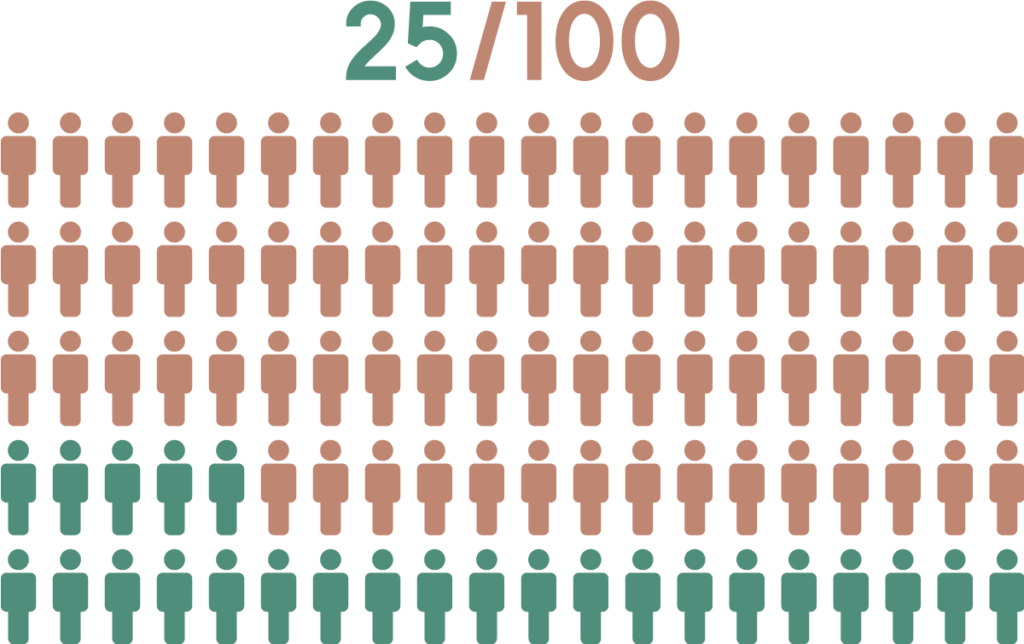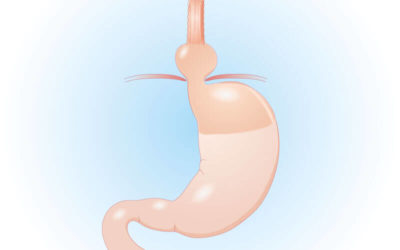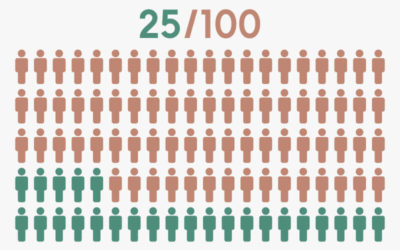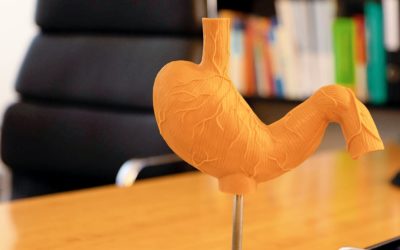Overview
What causes acid reflux?
The exact causes of reflux disease are not yet known. A congenital or acquired weakness of the connective tissue is thought to be partly responsible for reflux disease or a hiatal hernia.
Reflux disease often occurs in combination with a hiatal hernia. In this case, parts of the stomach slip through a widened opening in the diaphragm into the chest cavity (see illustration). However, the presence of a hiatal hernia is not a prerequisite for the development of reflux disease. It is always triggered by excessive reflux of gastric acid into the esophagus, which damages the esophageal mucosa. Disease-promoting factors include obesity and/or excessive consumption of alcohol and nicotine.
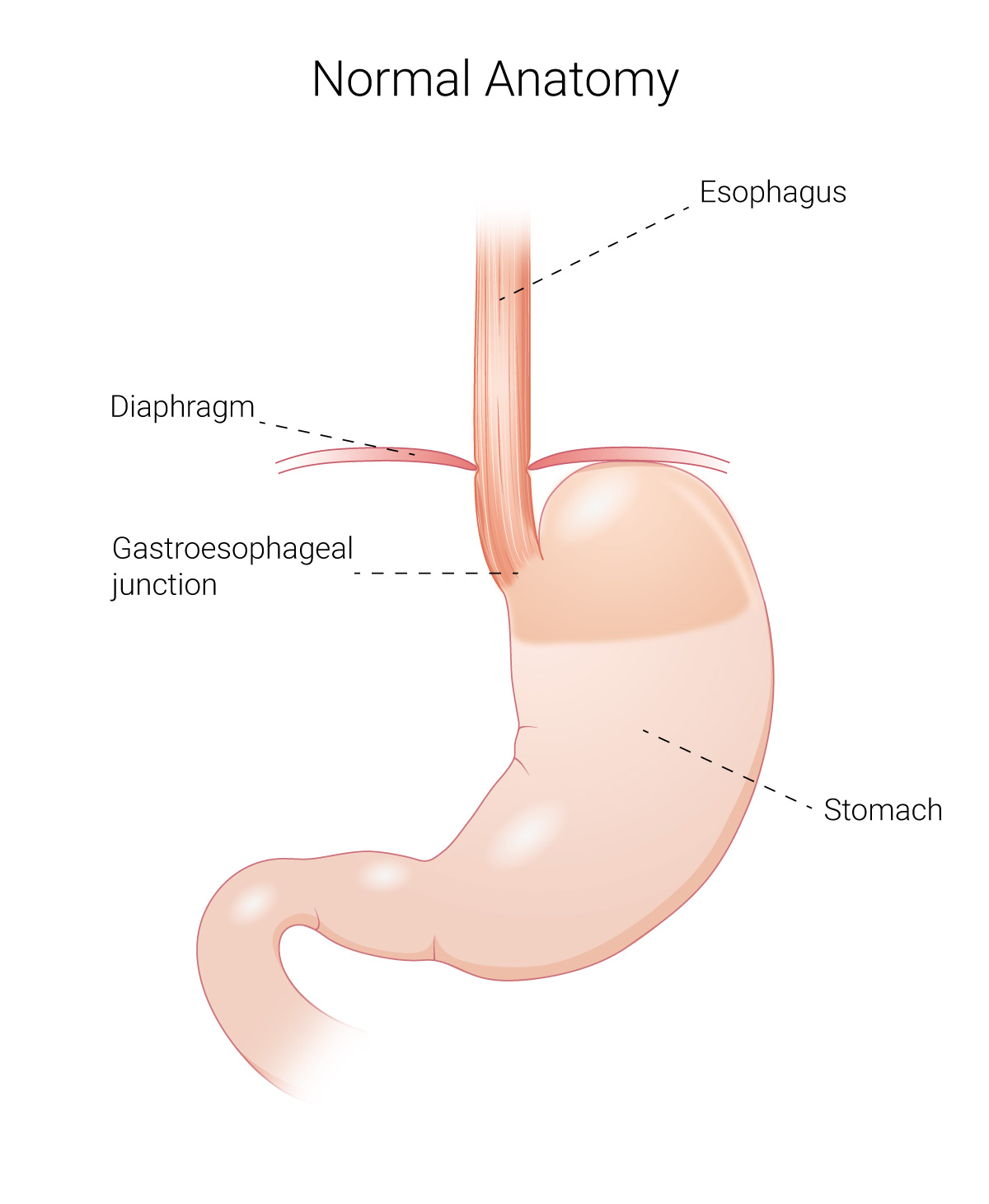
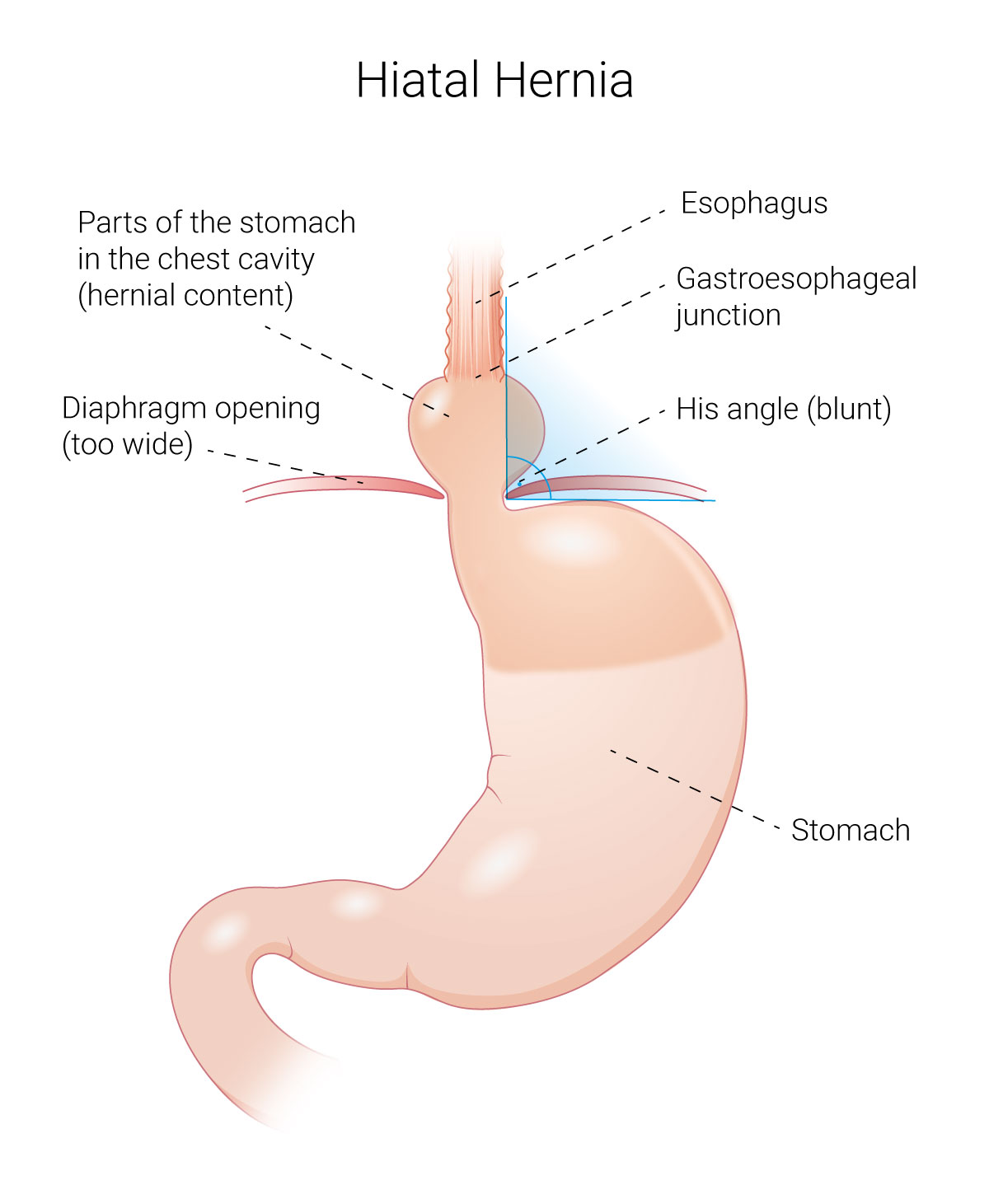
Acid regurgitation and a burning sensation behind the sternum are usually the result of an inadequate closure mechanism between the esophagus and the gastric junction. This allows more stomach acid to enter the esophagus.
Mischa Feigel, MD
Symptoms of Reflux Disease
Reliable signs of reflux disease are acid regurgitation (heartburn) and a burning pain behind the sternum.
Other signs may include nausea and vomiting, backflow of stomach acid or food particles into the throat and mouth (especially when lying down) along with a coughing, choking sensation, belching and upper abdominal pain. Throat discomfort (throat clearing, hoarseness, etc.) may be a sign of so-called silent reflux. It is important to note that the symptoms often do not correlate with the severity of the esophagitis. For example, severe esophagitis may cause only mild symptoms and vice versa. Research literature describes that a certain percentage of severe esophagitis (involving Barrett’s esophagus) becomes malignant within 10 years. Therefore, the above symptoms should always be investigated, treated if necessary and followed up.
Problem Foods and Drinks
Most patients with reflux symptoms have trouble tolerating certain foods and beverages.
Here is a small selection:
- Fatty foods (e.g. French fries, potato chips, nuts, chocolate)
- Certain beverages (e.g. white wine, sparkling wine, Prosecco, tomato juice, orange juice, coffee)
- Also: spicy or hot foods

Prevalence of Reflux Disease
It is the most common benign disease of the upper gastrointestinal tract in the western world. Up to 25% of the population suffer from typical reflux symptoms to a greater or lesser extent. Approximately 1/3 of those affected seek medical attention for these symptoms.
